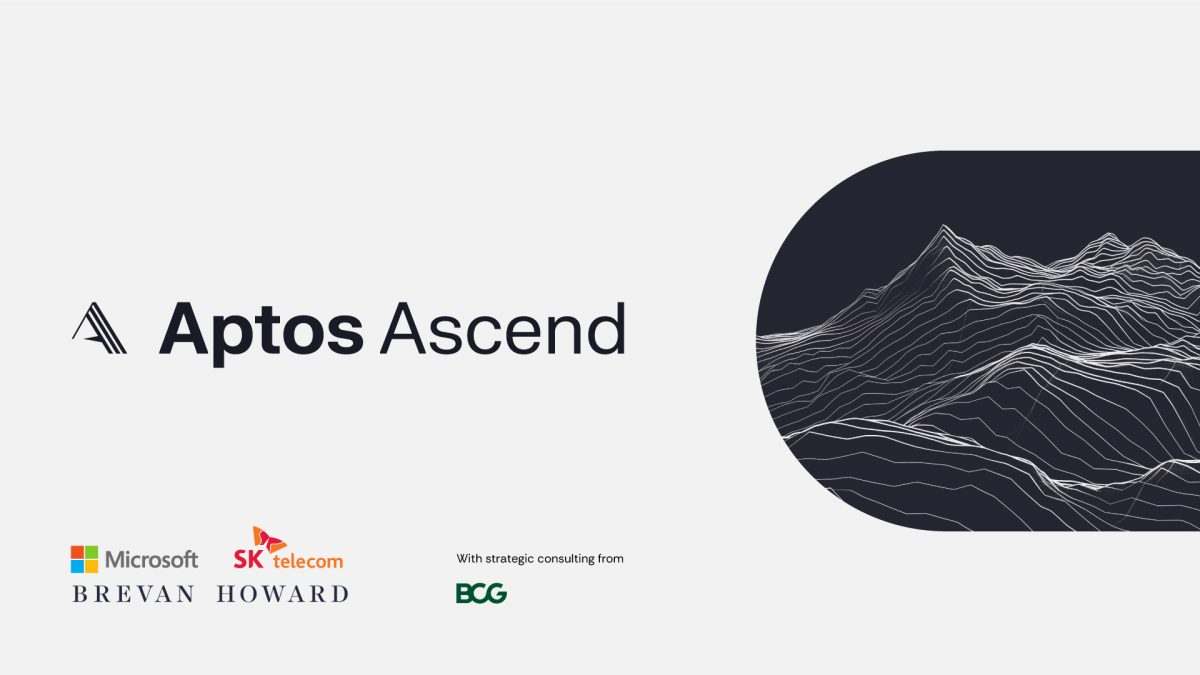What are the advantages and disadvantages of cryptocurrency self-custody?


Taking self-custody of cryptocurrencies is when an individual directly manages their cryptocurrency assets without relying on cryptocurrency exchanges or wallet platforms.
When someone takes self-custody of their cryptocurrencies, they have complete control over their private keys, which are used to access and manage their digital assets on the blockchain.
Types of self-custody for cryptocurrencies
Cryptocurrency self-custody can be done through various methods. Each type of cryptocurrency self-custody solution offers different features, security levels and trade-offs.
One type of self-custody is through a hardware wallet, or a physical device that stores private keys. They offer enhanced security by keeping the private keys isolated from internet-connected devices, reducing the risk of unauthorized access or hacking.
Desktop wallets, mobile wallets and web wallets — also known as software wallets —offer varying levels of security and convenience for more frequent online transactions.
A paper wallet is a physical document or printout stored in a secure location that contains a user's cryptocurrency public and private keys.
Lastly, multi-signature wallets — also known as "multisig wallets" — require multiple private keys to authorize transactions. This offers increased security against unauthorized access or theft. Multisig wallets are often used in enterprise or institutional settings where numerous parties must approve transactions.
Advantages of cryptocurrency self-custody
Self-custody aligns with the principles of decentralization by empowering individuals to manage their financial assets without intermediaries. Other perks include:
- Control: Users have complete control over their private keys and digital assets, eliminating reliance on third-party custodians.
- Security: Self-custody typically involves using hardware wallets or secure software wallets, which provide enhanced security measures compared to centralized exchanges.
- Privacy: Users can maintain their anonymity and privacy as they are not required to provide personal information to third-party custodians.
- Reduced counterparty risk: By eliminating reliance on third-party custodians, users mitigate the risk of exchange hacks, insolvency or other custodial failures.
- Access to DeFi: Self-custody enables users to directly interact with decentralized finance (DeFi) protocols and applications without transferring assets from custodial wallets, providing greater access and flexibility in the decentralized ecosystem.
Disadvantages of crypto self-custody
While some users opt to self-custody their digital assets, the practice is not without risks.
- Increased responsibility: Users are solely responsible for the security and management of their cryptocurrency holdings, which may require technical knowledge and diligence to ensure proper security measures are implemented.
- Potential loss of assets: Self-custody requires users to manage their private keys securely. Losing or compromising these keys can result in the permanent loss of funds.
- No recourse: Unlike centralized exchanges or wallet platforms, there is no customer support or recourse available in the event of loss of funds due to user error or other issues.
- Operational complexity: Managing self-custody solutions such as hardware wallets or secure software wallets may involve additional operational complexity compared to custodial services, which could be challenging for less tech-savvy users.
Disclaimer: This article was produced with the assistance of OpenAI’s ChatGPT 3.5/4 and reviewed and edited by our editorial team.
© 2023 The Block. All Rights Reserved. This article is provided for informational purposes only. It is not offered or intended to be used as legal, tax, investment, financial, or other advice.



